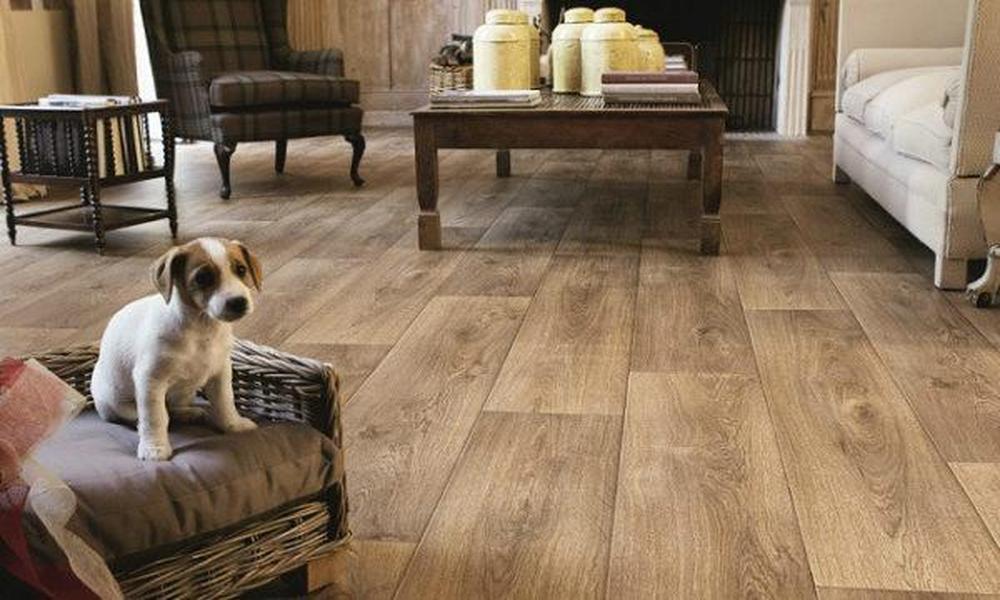PVC Flooring: Introduction
PVC (polyvinyl chloride) flooring is a type of synthetic flooring material that has gained popularity due to its durability, versatility, and ease of installation. PVC flooring is made of PVC resin, plasticizers, and other additives that help improve its performance, strength, and resilience.
PVC flooring is commonly used in commercial, residential, and industrial settings because of its excellent resistance to wear and tear, moisture, chemicals, and stains. It also offers a wide range of design options, including colors, patterns, textures, and finishes, making it an attractive flooring choice for various applications.
In this article, we will discuss in detail what PVC flooring is, its advantages and disadvantages, the material used in its making, and the different types of PVC flooring available in the market.
Material Used in Making PVC Flooring:
PVC flooring is made of PVC resin, which is a type of plastic that is derived from petroleum. PVC resin is a versatile material that can be molded, extruded, and formed into various shapes and sizes. To improve the flexibility and durability of PVC resin, plasticizers are added to it.
Plasticizers are substances that are added to plastics to increase their flexibility, elasticity, and durability. They are usually based on phthalates or adipates, which are chemicals that help to soften the PVC and make it more malleable. Other additives, such as stabilizers, fillers, and pigments, are also added to the PVC resin to improve its performance, appearance, and safety.
Advantages of PVC Flooring:
- Durability: PVC flooring is known for its durability and resilience. It can withstand heavy foot traffic, scratches, and stains, making it an ideal choice for high-traffic areas like commercial buildings, hospitals, and schools.
- Easy to install: PVC flooring is easy to install and requires minimal preparation. It can be glued down, nailed down, or simply laid on top of the existing floor.
- Low maintenance: PVC flooring is easy to clean and requires little maintenance. It can be cleaned with a damp mop or a mild detergent solution.
- Water-resistant: PVC flooring is water-resistant and can be used in areas that are prone to moisture, such as bathrooms, kitchens, and basements.
- Versatility: PVC flooring comes in a wide range of colors, patterns, and textures, making it a versatile flooring option that can be used in any setting.
Disadvantages of PVC Flooring:
- Environmental concerns: PVC flooring is made of synthetic materials and may contain harmful chemicals like phthalates, which have been linked to health problems.
- Not biodegradable: PVC flooring is not biodegradable and may contribute to landfill waste when it is disposed of.
- Not suitable for outdoor use: PVC flooring is not suitable for outdoor use as it may warp or fade when exposed to sunlight and weather conditions.
Types of PVC Flooring:
1. Homogeneous PVC flooring: Homogeneous PVC flooring is made of a single layer of PVC that has the same color and pattern throughout. It is commonly used in high-traffic areas like hospitals and schools.
2. Heterogeneous PVC flooring: Heterogeneous PVC flooring is made of multiple layers of PVC that are bonded together. It offers more design options and is suitable for commercial and residential settings.
3. Luxury Vinyl Tile (LVT): Luxury Vinyl Tile (LVT) is a type of PVC flooring that resembles natural materials like stone, wood, and ceramic tiles. It offers a high-end look and is commonly used in residential settings.
4. Vinyl Plank Flooring (VPF): Vinyl Plank Flooring (VPF) is a type of PVC flooring that resembles hardwood flooring. It offers the same look and feel as hardwood flooring but is more affordable and durable

